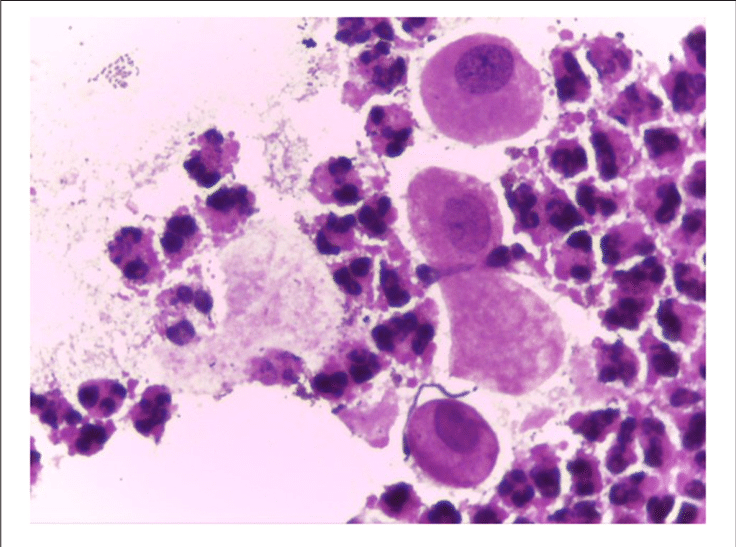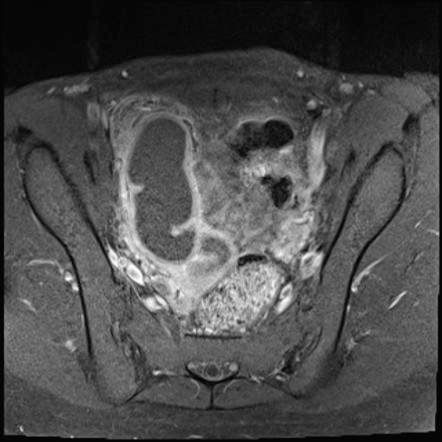Vaginitis
Content of This Page
1- Introduction
2- Causes
3- Symptoms
4- Stages of The Disease
5- Treatment
6- What Should You Avoid
Introduction
Vaginitis is an inflammation of the vaginal tissues that can cause symptoms such as itching, burning, unusual discharge, and discomfort. It can result from infections (such as yeast infections or bacterial vaginosis), irritants, or hormonal changes. Treatment depends on the underlying cause of the vaginitis.

Causes
Infections:
- Yeast Infections: Caused by an overgrowth of Candida fungus.
- Bacterial Vaginosis: Caused by an imbalance of normal vaginal bacteria.
- Trichomoniasis: A sexually transmitted infection caused by a parasite.
Irritants:
- Harsh Soaps and Douches: Can disrupt the vaginal pH balance.
- Perfumed Products: Such as sanitary pads and tampons.
Hormonal Changes:
- Menopause: Decreased estrogen levels can lead to dryness and irritation.
- Pregnancy: Hormonal fluctuations can affect vaginal health.
Sexual Activity:
- New or Multiple Partners: Can lead to changes in vaginal flora.
- Use of Condoms or Spermicides: May cause irritation in some women.
Antibiotic Use:
- Can disrupt the normal vaginal flora, leading to infections.
Symptoms
- Itching or irritation in the vaginal area
- Burning sensation, especially during urination or intercourse
- Abnormal vaginal discharge (color, consistency, or odor changes)
- Redness or swelling of the vaginal tissues
- Pain or discomfort during intercourse
- Unusual odor, often fishy or yeasty

Stages of The Disease
Acute Vaginitis
- Sudden onset of symptoms with noticeable discomfort and irritation.
Chronic Vaginitis
- Persistent or recurrent symptoms lasting for several weeks or longer, often requiring ongoing treatment.
Recurrent Vaginitis
- Multiple episodes of vaginitis occurring over time, often linked to underlying issues or inadequate treatment.
Treatment
Infections:
- Yeast Infections: Antifungal medications (oral or topical).
- Bacterial Vaginosis: Antibiotics (oral or topical).
- Trichomoniasis: Antiparasitic medications (oral).
Irritants:
- Avoid Harsh Products: Use mild, unscented soaps and avoid douches.
- Switch to Non-Scented Products: Use non-scented sanitary pads and tampons.
Hormonal Changes:
- Vaginal Estrogen: For dryness or irritation due to menopause.
- Hormonal Therapy: For imbalances related to pregnancy or other conditions.
Sexual Activity:
- Use Lubricants: To reduce irritation.
- Safe Sex Practices: To prevent sexually transmitted infections.
Antibiotic-Associated Vaginitis:
- Probiotics: To help restore normal vaginal flora.
- Follow-Up Care: Consult a healthcare provider for management and prevention of recurrence.
What Should You Avoid
- Harsh soaps and douches
- Scented sanitary products
- Tight or non-breathable clothing
- Excessive use of antibiotics
- New or multiple sexual partners
- Unprotected sex
- Irritants like spermicides